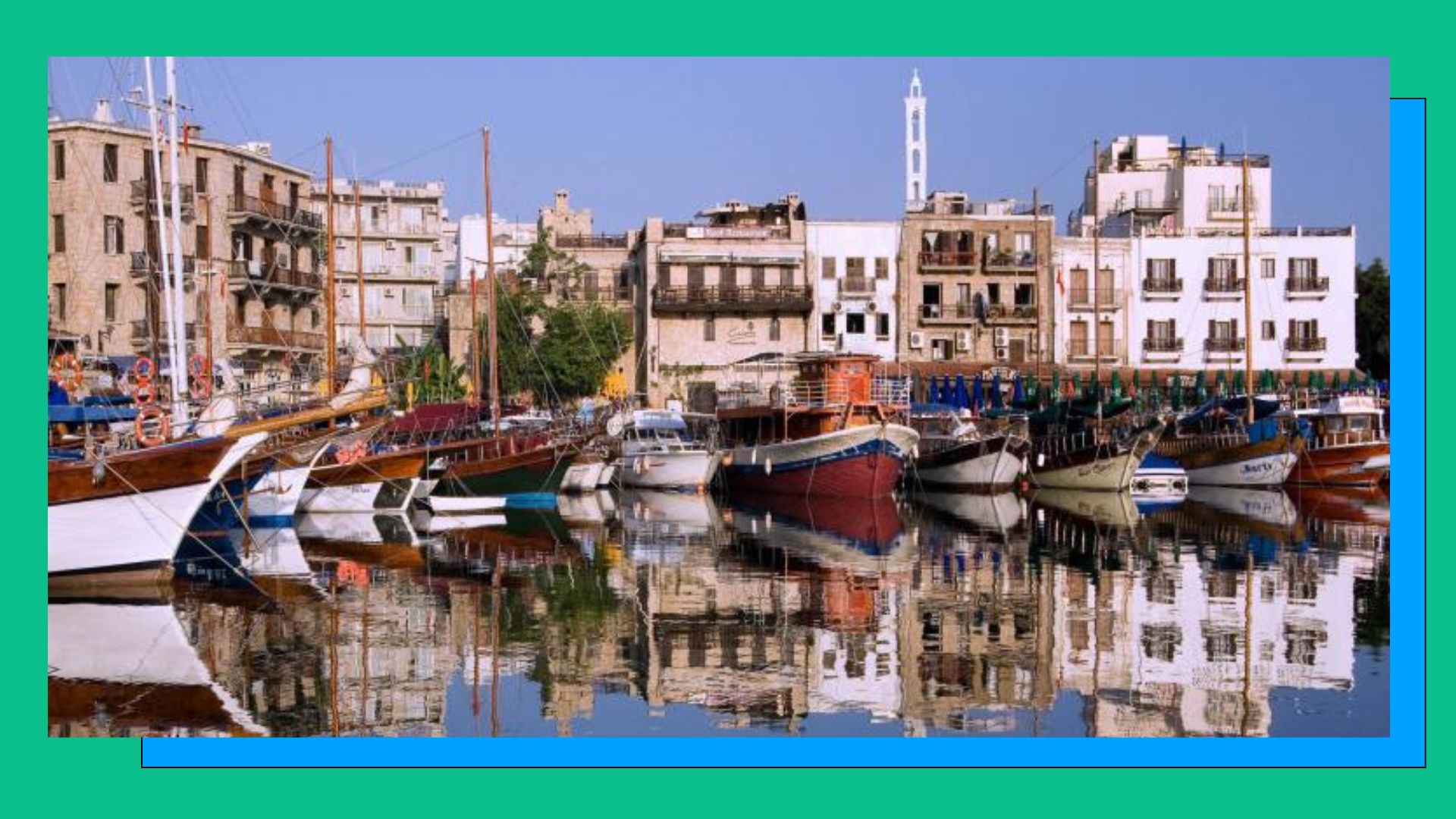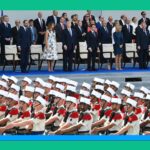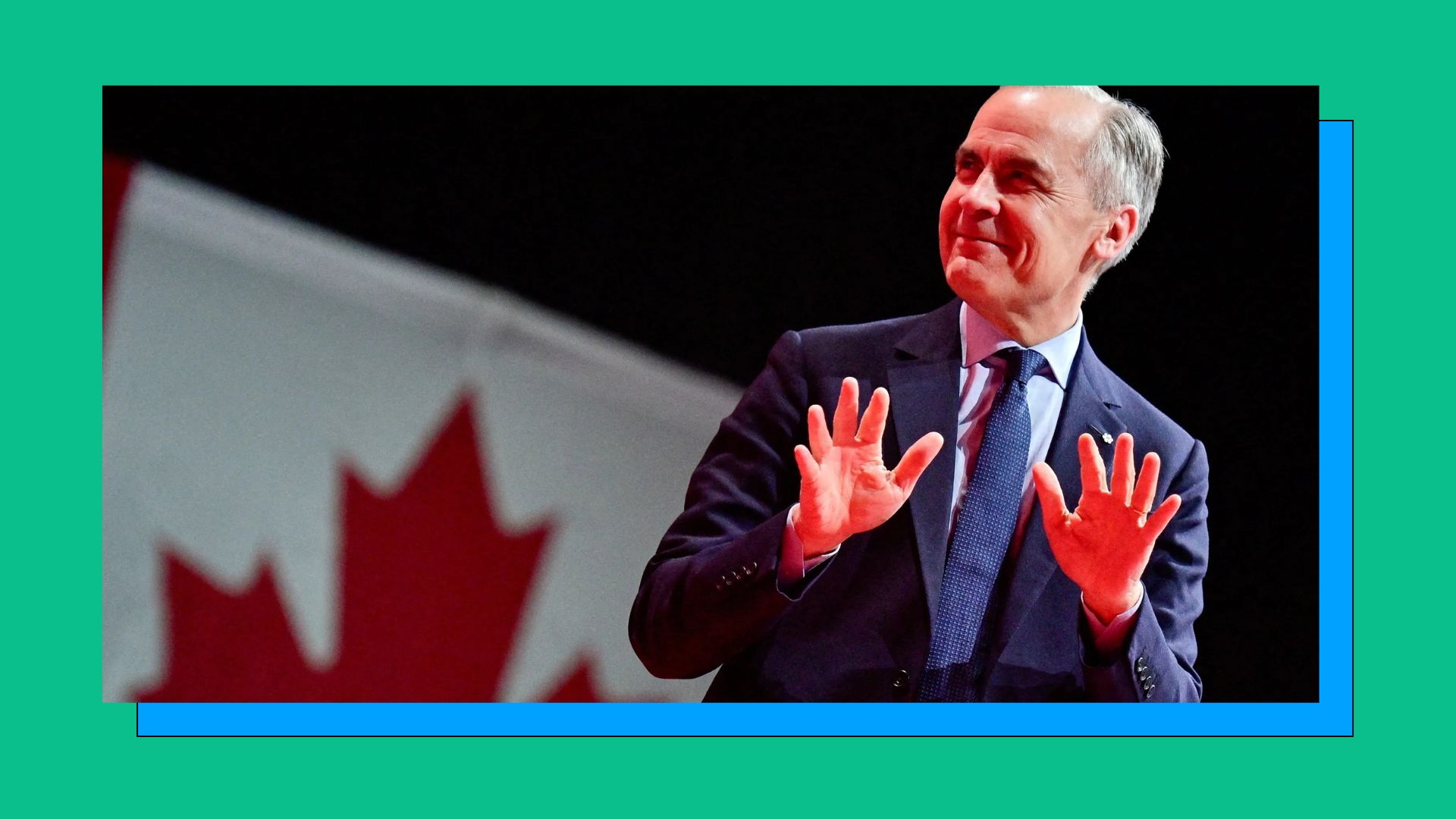The traditionally secular Turkish Cypriot community is facing an identity crisis as Turkey-backed religious conservatism reshapes social norms in Northern Cyprus, further deepening the island’s ethnic divide 50 years after partition.
Key Developments
✔ Mosque Construction Boom: 58 new mosques built since 2020 (vs. 3 secular cultural centers)
✔ Education Shifts: Mandatory Islamic studies in public schools, replacing some secular courses
✔ Social Pressures: Reports of women facing harassment for not wearing headscarves in government offices
“Our secular way of life is being erased,” laments Fatma Güven, a Nicosia bookstore owner.
Turkey’s Growing Influence
- Religious Affairs Directorate: Ankara now pays salaries of 94% of Northern Cyprus’ imams
- Construction Projects: Ottoman-style architecture replacing modernist buildings
- Youth Programs: Free Turkey-sponsored Islamic summer camps surge in popularity
Political Fallout
- Secular Opposition: Left-wing CTP party warns of “cultural annexation”
- Pro-Ankara View: Ruling UBP party claims it’s “preserving Muslim identity”
- Greek Cypriot Reaction: Fears this hardens partition lines amid stalled reunification talks
Historical Context
- 1974: Island divided after Turkish intervention
- 2004: Turkish Cypriots voted for reunification (rejected by Greek side)
- 2020: Erdogan’s visit to Varosha marked policy shift toward permanence
Human Impact
- Generational Divide: Younger Turkish Cypriots more religious than parents
- Emigration Spike: Secular families moving to UK/Europe increases
- Tourism Concerns: Resorts report fewer Western visitors due to “conservative vibe”
What’s Next?
- December Elections: Seen as referendum on religious vs. secular future
- EU Watchdogging: Brussels may link aid to cultural rights protections
- Reunification Prospects: Further dimmed by diverging social values












